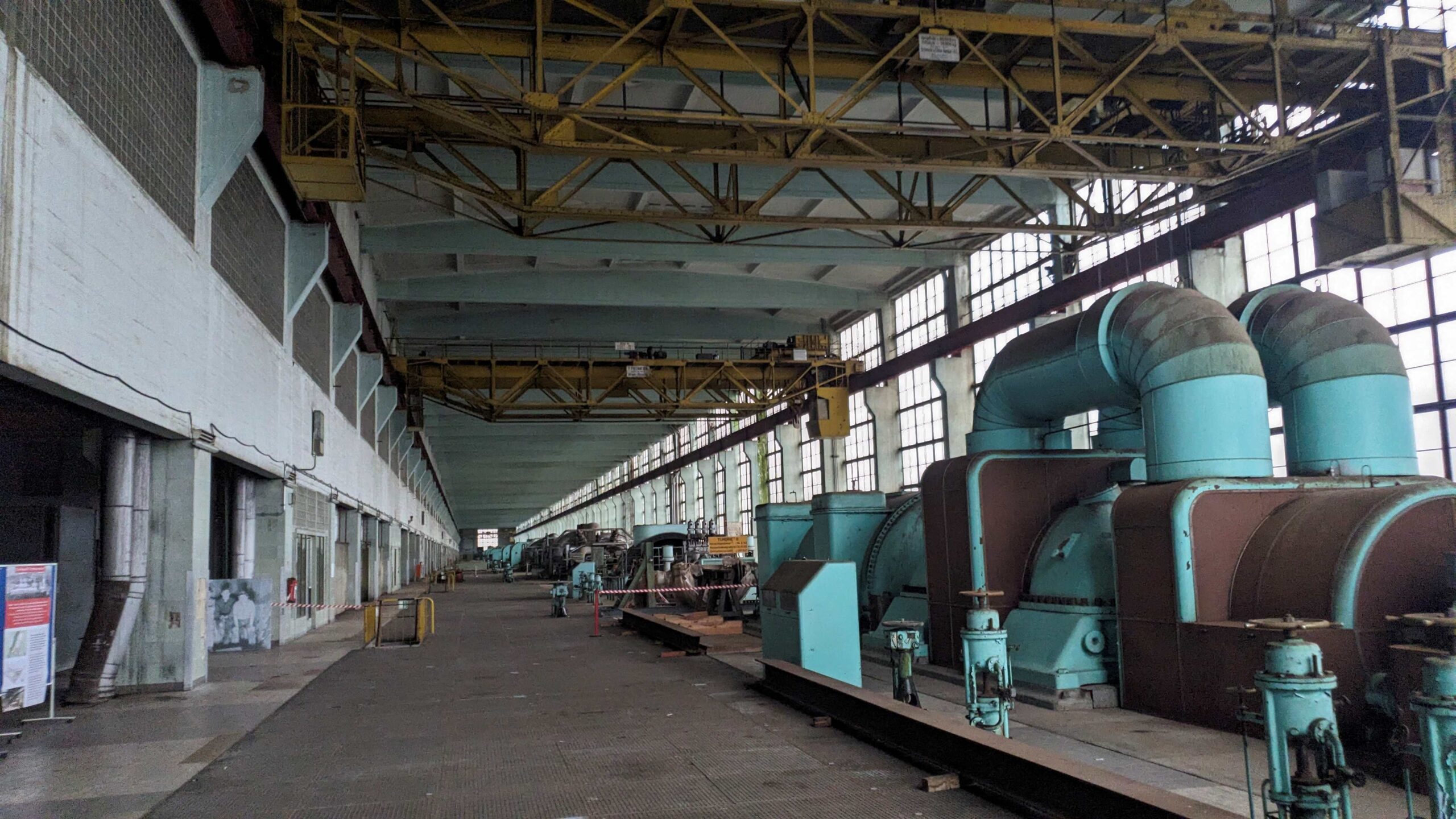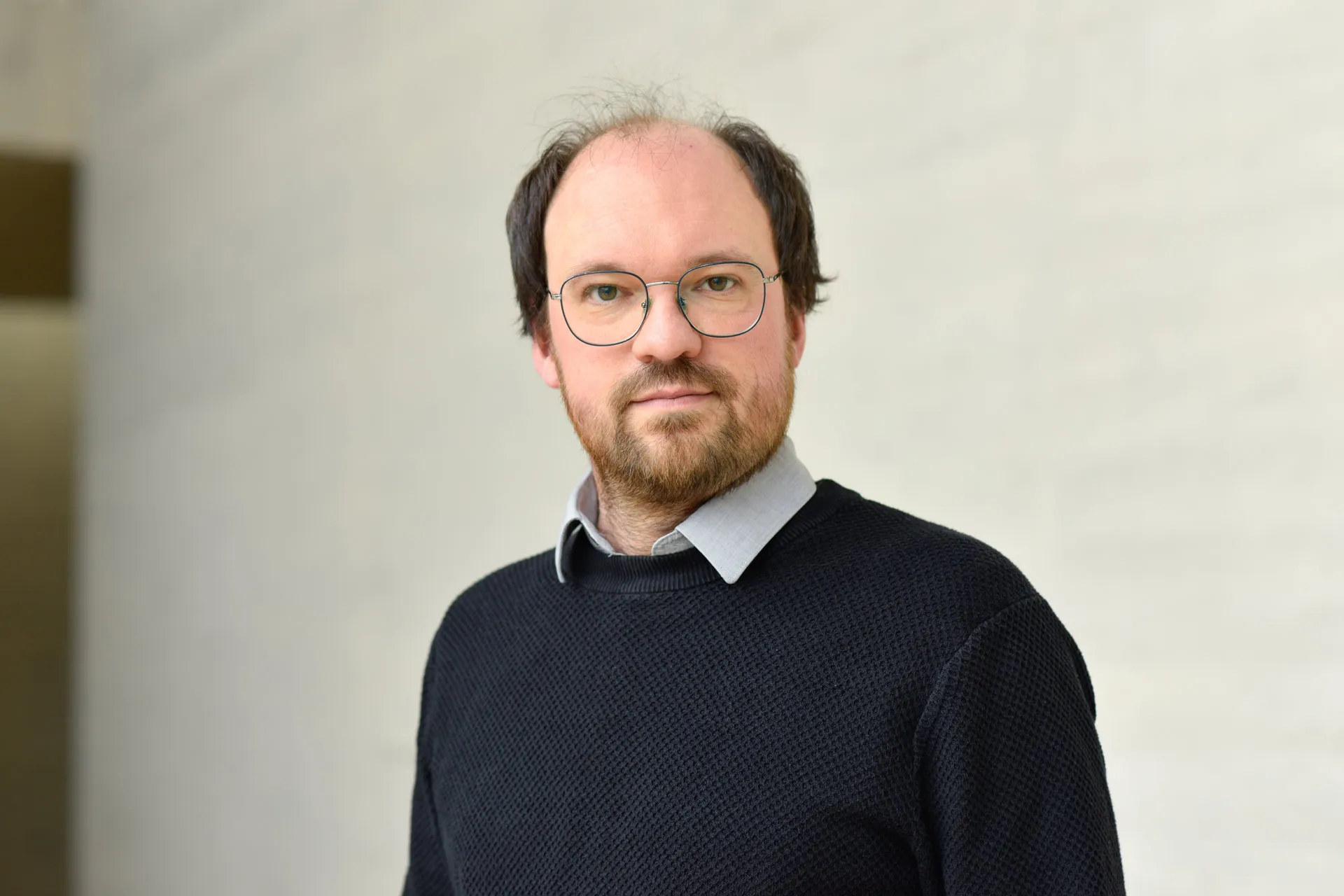Transregional Just Transition Governance
The European Parliament[1] notes that a new trade policy, demographic change and labor migration, decarbonization, and reduction of energy imports can only be considered together. This study analyzes the interdependence of trade, migration, and decarbonization in order to explore concepts of climate “justice” in global and local change.
Photo (top): “photo of the day 19032025 Gerst 4 (Medium)“ Alexander Gerst, ESA/NASA 03/2025.
This research examines the architecture of just production amid socio-ecological structural transformations on two examples: the skilled labor shortage linked to demographic and social change, and obstacles to producing or using defossilized industrial machinery.
Germany faces a skilled worker shortage due to low birth rates and restrictive immigration policies. While demand spans professions, certain jobs are locally considered undesirable, prompting firms to recruit internationally, e.g. in Uzbekistan and Vietnam. The German government supports this through trade and education agreements, though implementation lacks behind promises.
Simultaneously, transitioning to defossilized machinery—critical for ecological and economic sustainability—faces technological and regulatory obstacles. This challenges the alignment of “just transition” funding with ecological goals to decarbonize industry.
By analyzing the governance of these interwoven domains—trade/migration and ecology—this research explores notions of climate “just-ice” in contemporary global production transformations amid shifting global power dynamics, revealing how competing priorities reshape visions of a just future.
[1] https://www.europarl.europa.eu/doceo/document/TA-10-2025-0146_DE.html
Current Research Highlights:
Labor migration and demographic change: Can international cooperation ensure a fair supply of skilled workers?
Technological barriers and regulatory contradictions in the context of defossilization of the engine room.

